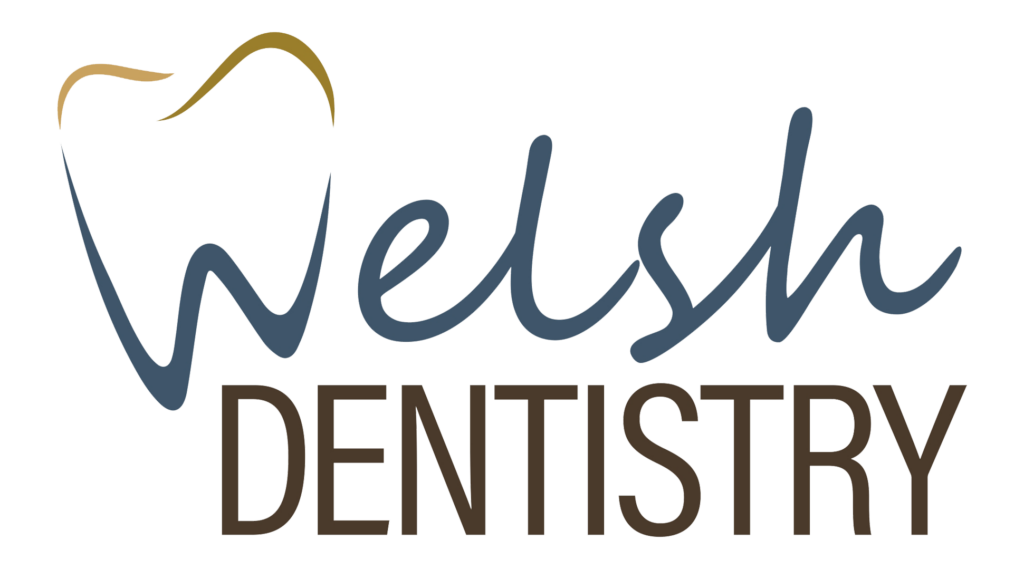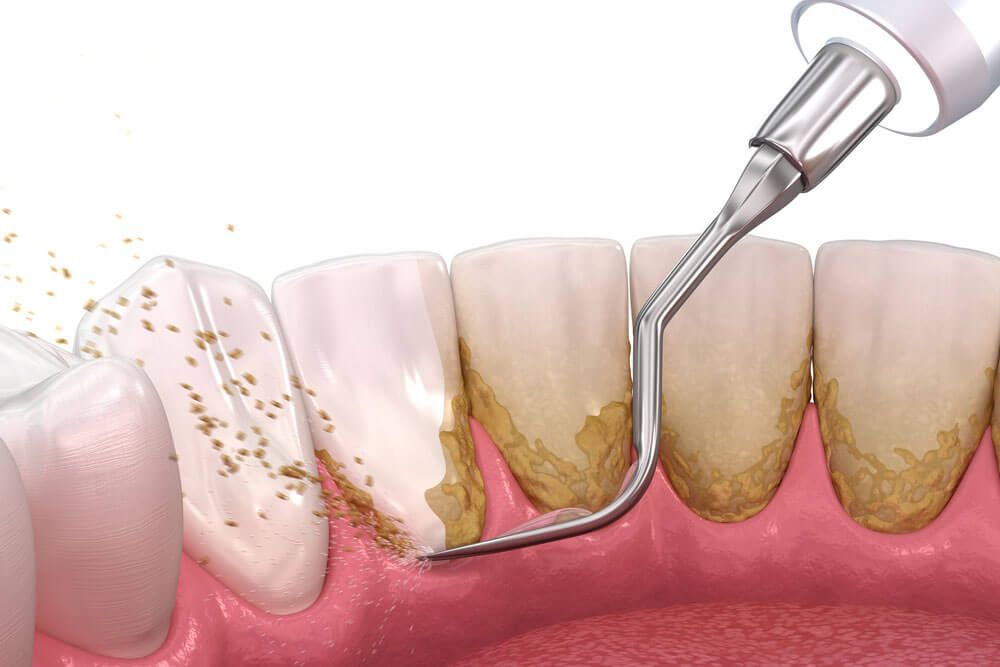Periodontal care is crucial for maintaining the health and stability of your teeth and gums. Untreated gum disease can lead to serious complications, including tooth loss, bone loss, and systemic health problems such as heart disease and diabetes. By prioritizing periodontal care, you can prevent these issues and preserve your oral health.
Effective Periodontal Care Tips
- Brush Twice a Day: Brush your teeth thoroughly with fluoride toothpaste for at least two minutes each time, focusing on all surfaces of the teeth and along the gumline.
- Floss Daily: Clean between your teeth and along the gumline with dental floss or interdental brushes to remove plaque and debris that your toothbrush can’t reach.
- Use Mouthwash: Rinse with an antimicrobial mouthwash to help reduce plaque and bacteria in your mouth.
- Maintain a Healthy Diet: Eat a balanced diet rich in fruits, vegetables, lean proteins, and whole grains, and limit sugary snacks and beverages that can contribute to plaque buildup.
- Schedule Regular Dental Checkups: Visit our office for routine dental exams and cleanings every six months or as recommended by your dentist. These appointments allow us to detect and treat periodontal disease in its early stages.
- Quit Smoking: Smoking is a significant risk factor for gum disease and can impair the healing process. If you smoke, consider quitting to improve your oral and overall health.
Frequently Asked Questions
What is Periodontal Disease?
Periodontal disease, commonly known as gum disease, is a chronic inflammatory condition that affects the tissues surrounding and supporting the teeth. It is caused by the buildup of plaque and tartar on the teeth, leading to bacterial infection and inflammation of the gums.
What are the signs and symptoms of periodontal disease?
Common signs and symptoms of periodontal disease include red, swollen, or tender gums; bleeding gums, especially during brushing or flossing; persistent bad breath; receding gums or visible gaps between teeth; loose or shifting teeth; and changes in the way your teeth fit together when biting or chewing.
How can I prevent periodontal disease?
You can prevent periodontal disease by practicing good oral hygiene habits, including brushing your teeth twice a day with fluoride toothpaste, flossing daily to remove plaque and debris from between your teeth, using mouthwash to reduce bacteria in your mouth, maintaining a healthy diet, scheduling regular dental checkups and cleanings, and avoiding smoking or using tobacco products.

